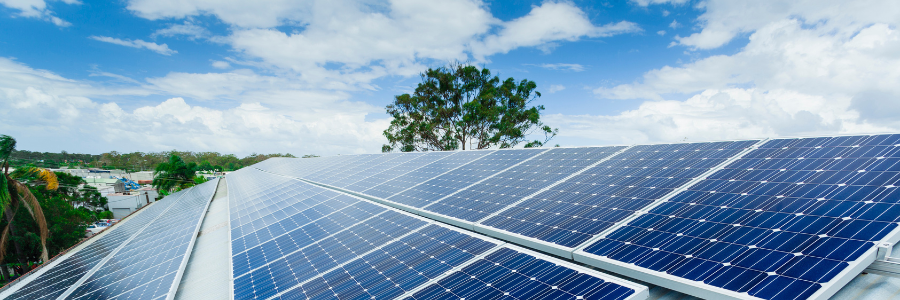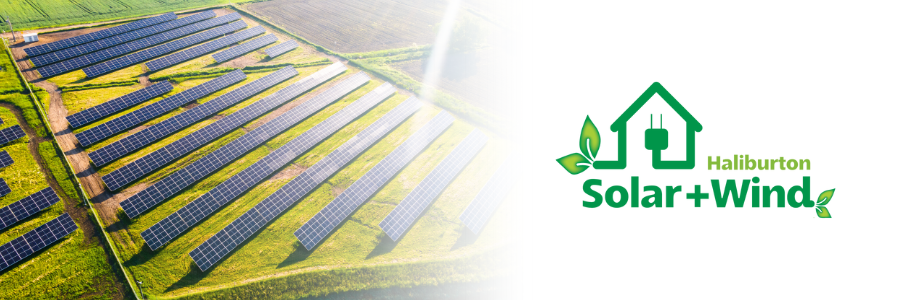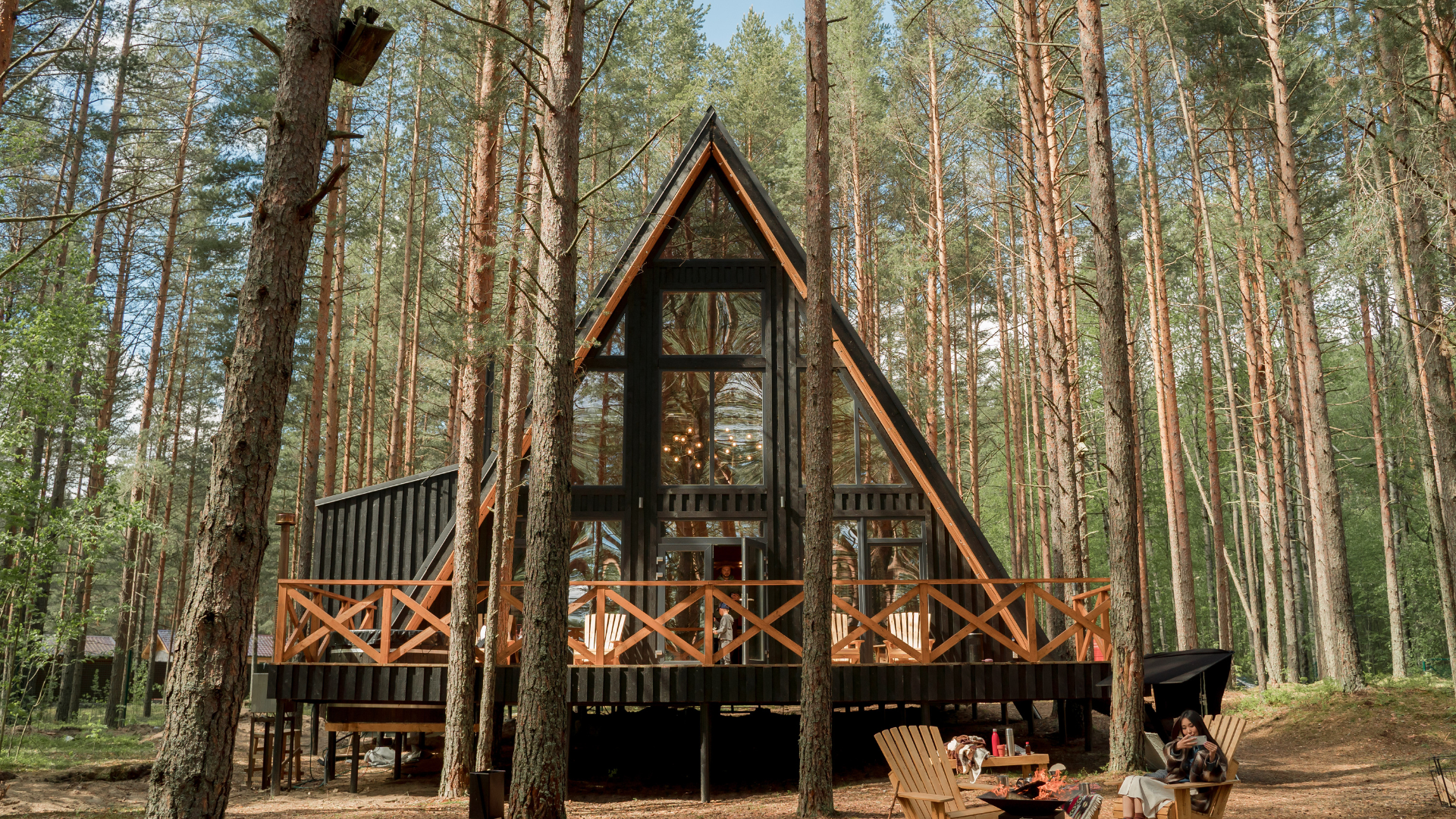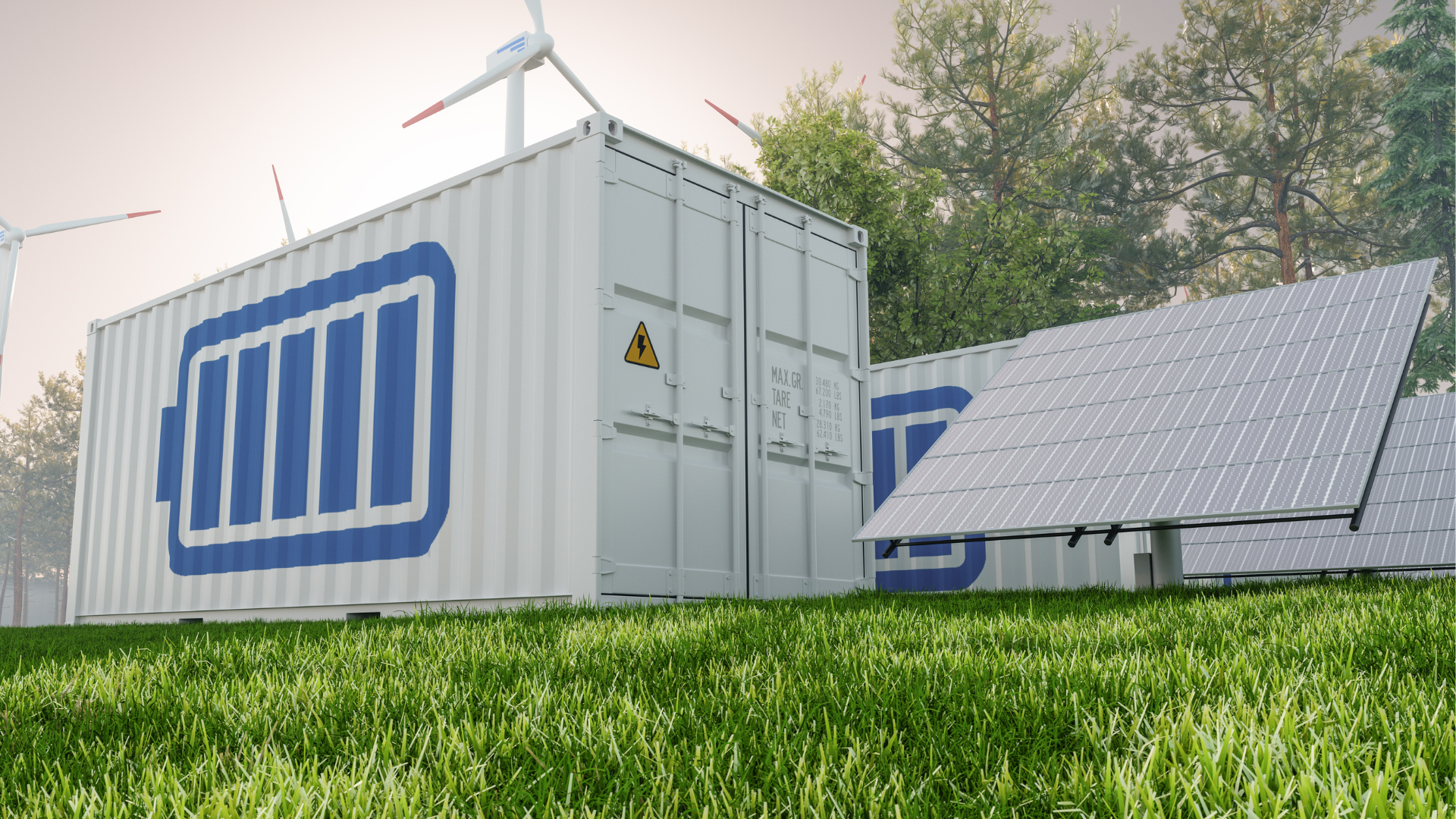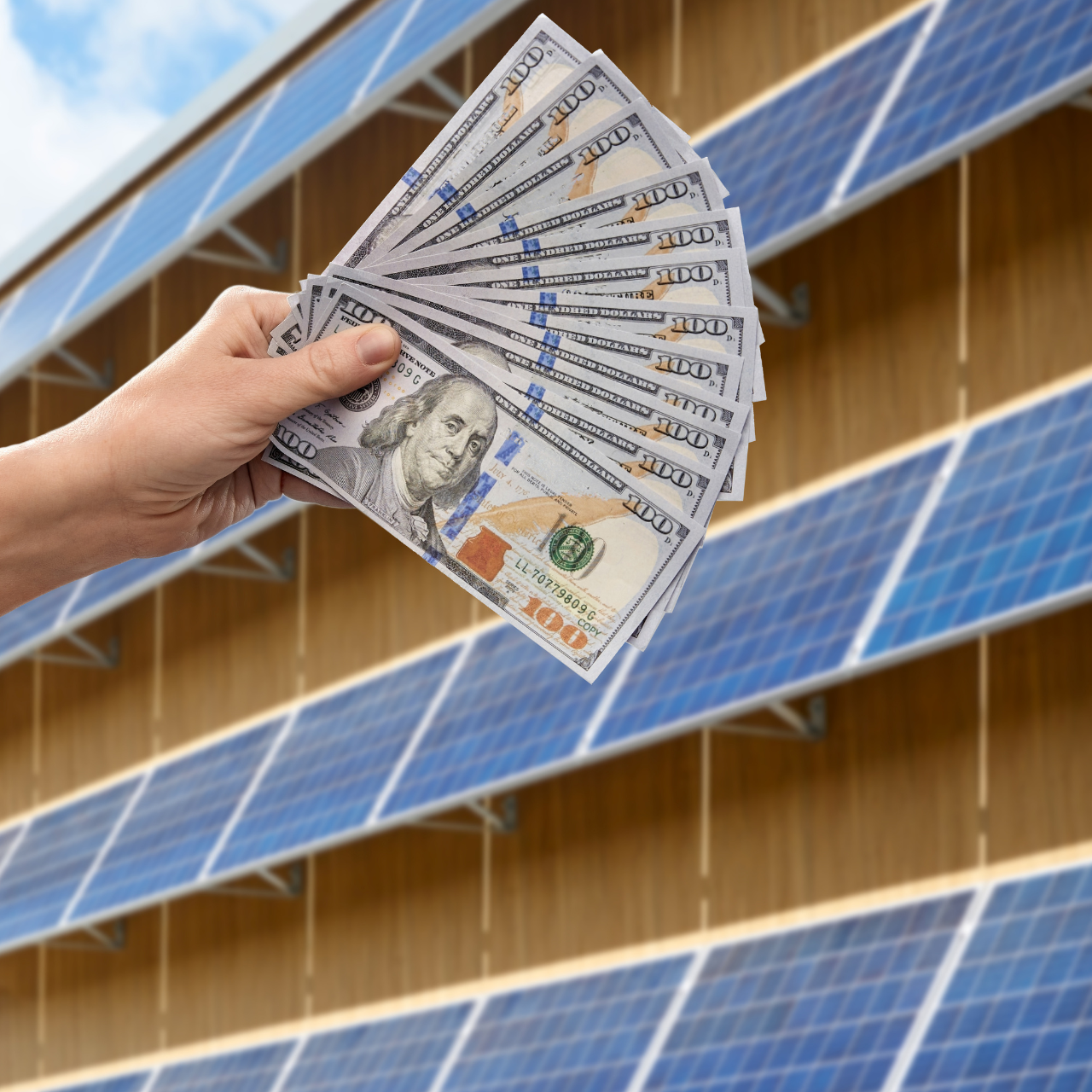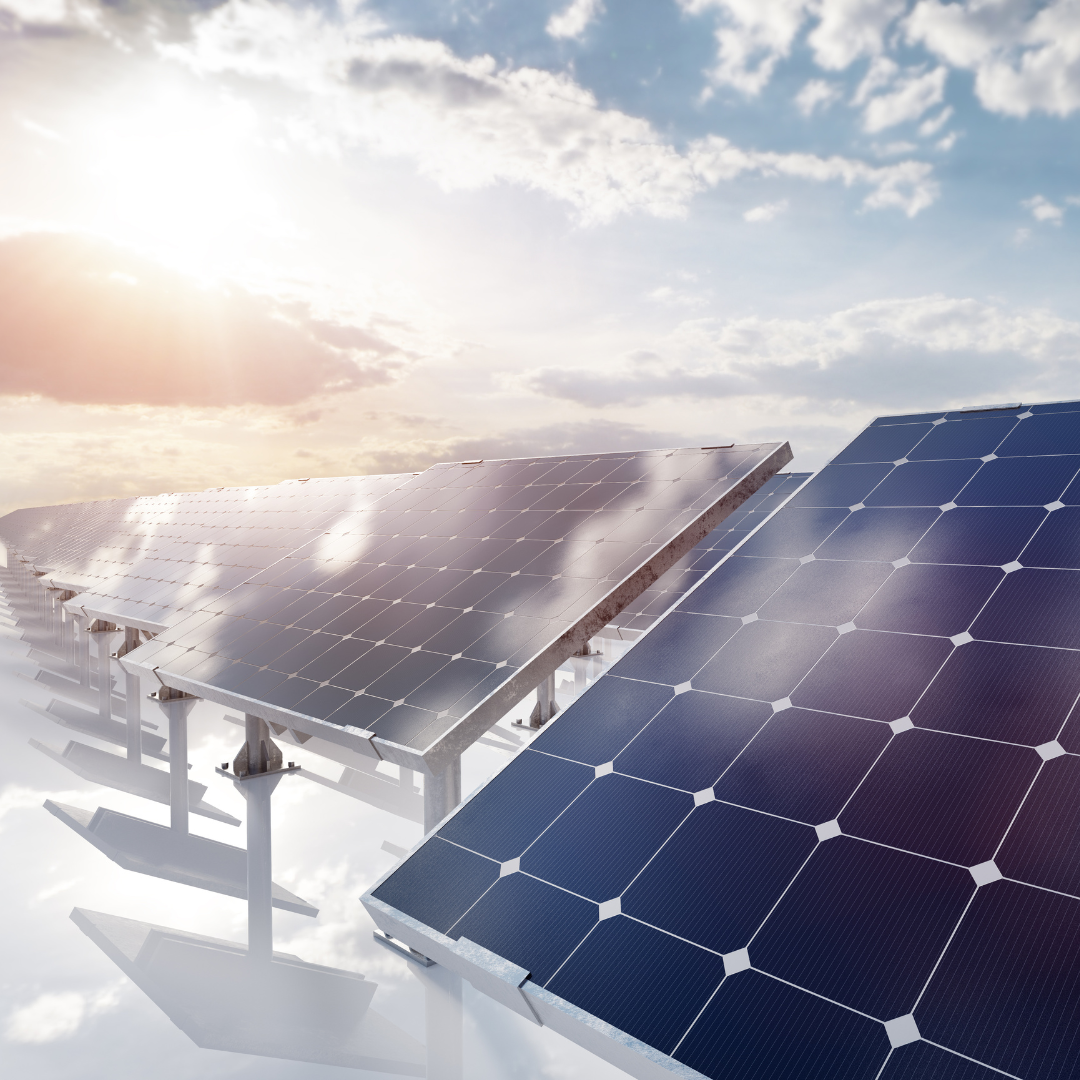Solar Power is a Game Changer in Rural Communities
Solar power is quickly gaining traction in rural communities as property owners seek to reduce their energy costs, increase their energy independence, and contribute to a more sustainable future. In this blog post, we'll explore how solar power is changing the game in rural communities across Canada and why it's becoming a popular choice for property owners.
Explanation of PV panels and how they work:
PV panels are devices that convert sunlight into electricity. They are made up of silicon cells that absorb photons from the sun and release electrons, generating an electric current. This electric current is then converted into usable electricity by an inverter.
Benefits of PV panels, including cost-effectiveness and ease of installation:
PV panels have many benefits, including:
- Cost-effectiveness: While there is an upfront cost to install PV panels, they can save property owners money in the long run by reducing their energy bills.
- Ease of installation: PV panels are relatively easy to install and can be placed on rooftops or mounted on the ground, making them a flexible option for properties of all types.
Case studies of PV panel installations in rural communities:
- A couple installed a 5 kW PV panel system on their roof in 2018. They have been able to generate enough electricity to power their home, reducing their energy bills by 50%.
- A small business installed a 10 kW PV panel system on their rooftop in 2020. They were able to offset 50% of their energy usage and save approximately $8,000 annually in energy costs.
- A cottage owner installed a 3 kW PV panel system on their property in 2019. They have been able to generate enough electricity to power their cottage and reduce their energy bills by 30%.
These case studies highlight the effectiveness of PV panel installations in Haliburton's rural communities and the cost savings that can be achieved by investing in solar power.
Explanation of solar hot water systems and how they work:
Solar hot water systems use energy from the sun to heat water. They consist of collectors, which absorb energy from the sun, and a storage tank, which stores the hot water until it's needed. The heated water can then be used for domestic hot water or space heating.
Solar hot water systems have many benefits, including:
- Cost savings: Solar hot water systems can save property owners money on their energy bills by reducing their reliance on traditional heating systems.
- Environmental benefits: Solar hot water systems are environmentally friendly, as they reduce the carbon footprint associated with traditional heating systems.
- Energy independence: By producing their own hot water, property owners can become more energy independent and less reliant on utility companies.
Case studies of solar hot water system installations in rural communities:
- Installation in a family home of a solar hot water system in 2019 offset 70% of their hot water heating costs and reduce their carbon footprint by 2.5 tonnes annually.
- A bed and breakfast installed a solar hot water system in 2020. They were able to offset 50% of their hot water heating costs and save approximately $1,500 annually in energy costs.
- A retirement home installed a solar hot water system in 2018. They were able to reduce their energy bills by 20% and save approximately $2,000 annually in energy costs.
These case studies demonstrate the effectiveness of solar hot water systems in various settings and the cost savings with environmental benefits that can be achieved by investing in this technology.
Explanation of battery storage systems and how they work:
Battery storage systems allow property owners to store excess energy generated by their solar panels during the day, so it can be used later when the sun isn't shining. These systems consist of a battery pack, an inverter, and a battery management system.
Benefits of battery storage, including energy independence and reliability:
Battery storage systems have many benefits, including:
- Energy independence: By storing excess energy, property owners can become more self-sufficient and less reliant on utility companies.
- Reliability: Battery storage systems provide a reliable source of energy, even when the grid goes down.
Case studies of battery storage system installations in rural communities:
- A family home installed a battery storage system in 2020. They were able to use stored energy during a power outage caused by a severe storm, demonstrating the reliability of the system.
- A cottage owner installed a battery storage system in 2019. They were able to reduce their energy bills by 30% and become more energy independent.
- A large business installed a battery storage system in 2021. They were able to offset 70% of their energy usage and save approximately $10,000 annually in energy costs.
These case studies highlight the effectiveness of battery storage systems in Haliburton's rural communities and the benefits they provide in terms of energy independence and reliability.
FAQ’s
Additional Tips and Advice for Property Owners Considering Solar Panel Installations:
- Research and educate yourself on solar energy systems and installations before making a decision.
- Consider your energy needs and usage patterns to determine the appropriate size and type of solar panel system for your property.
- Obtain multiple quotes from reputable solar panel installation companies to ensure you are getting the best value for your investment.
- Research available incentives and financing options, such as rebates or loans, to reduce the upfront costs of installation.
- Ensure that your roof or property is suitable for solar panel installation and consider any potential shading issues that may affect energy production.
- Regularly monitor and maintain your solar panel system to ensure optimal energy production and longevity.
- Consider the long-term financial and environmental benefits of solar panel installations, including cost savings, energy independence, and reduced carbon footprint.
- Work with a renewable energy expert or contractor to ensure that your solar panel system is installed safely and up to code.
By following these additional tips and advice, property owners can make informed decisions about solar panel installations and ensure that they are getting the most value and benefit out of their investment.
Conclusion
Recap of the benefits of solar energy systems and their popularity:
Solar energy systems are a popular and effective way to generate renewable energy. They are cost-effective, environmentally friendly, and can provide energy independence for property owners.
Encouragement for property owners to consider solar energy as a primary renewable energy option:
As rural communities continue to prioritize sustainable living, solar energy systems are becoming increasingly popular as a primary renewable energy option. Property owners can benefit from reduced energy costs, increased property value, and a reduced carbon footprint.
Final thoughts on the importance of sustainable living and renewable energy in Haliburton's rural communities:
Sustainable living and renewable energy are crucial for the health and wellbeing of Haliburton's rural communities. By investing in renewable energy options like solar energy systems, property owners can contribute to a cleaner and more sustainable future. It is essential that we all take steps to reduce our carbon footprint and embrace renewable energy options to protect our planet for future generations.
We love what we do and it shows!
Achieve Energy Independence in Ontario.
Contact Haliburton Solar & Wind
HALIBURTON SOLAR AND WIND
P.O. Box 1479
1067A Garden Gate Drive
Haliburton, ON K0M 1S0
